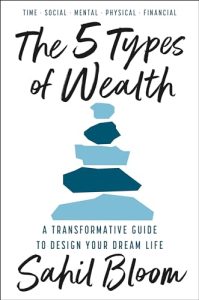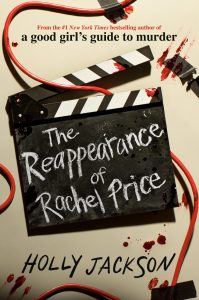
Mel Robbins wants to give you two words to lighten your mental load: let them. In her latest self help juggernaut, she argues that much of our stress comes from trying to control people and outcomes we simply cannot. The prescription is disarmingly simple. Stop managing other people’s choices. Start investing your energy where you have agency. If you have followed Robbins’s podcast or viral clips, this book packages that message into an easy to read playbook that aims to touch work, love, friendship, creativity, and personal growth.
What the book promises
Robbins positions Let Them as a mindset you can apply across eight life arenas. The scaffolding is familiar to anyone who has dabbled in cognitive behavioral tools or the Stoics. Focus on what you control, release the rest, then act with clarity. Each chapter mixes short personal stories, punchy takeaways, and accessible research summaries designed to get you out of rumination and into motion.
When the book stays in that lane, it works. Letting a colleague own their timeline instead of catastrophizing your own reputation. Allowing a partner to show you who they are rather than interrogating every silence. Refusing to chase after friends who repeatedly opt out and investing instead in people who opt in. The tone is brisk, the chapter structure is clean, and the advice is the kind you can try on the same afternoon you read it.
What readers are pushing back on
This is the most polarizing Robbins title to date, and the criticism falls into three buckets:
- Theory vs. vibe. Some readers bristle at calling this a theory. They argue it is a slogan wrapped around long standing ideas about control and acceptance. If you want academic rigor, citations that map claim to study, and careful caveats for edge cases like trauma, poverty, or addiction, you may find the framing too glib.
- Ethics and originality. Online discussions point to a poem by Cassie Phillips that circulates under the refrain “let them,” raising questions about proper credit and lineage. These are public debates rather than settled facts, but they have colored the reception and deserve acknowledgment if authorship and attribution matter to you.
- Use of personal anecdotes. Robbins relies heavily on stories from her own life. For some, that makes the message relatable. For others, the disclosures about family struggles feel intrusive and the success narrative reads like influencer playbook rather than grounded scholarship.
Who will get value from it
If you want a simple mental interrupt that helps you stop people pleasing, reduce reactivity, and reclaim time, you will likely pull real value from this. Readers who prefer structured, research forward frameworks or who are sensitive to questions of attribution may prefer adjacent titles like The Daily Stoic by Ryan Holiday, The Courage to Be Disliked by Ichiro Kishimi and Fumitake Koga, or Essentialism by Greg McKeown.
Five useful takeaways you can try today
- Write two columns: “My control” and “Not my control.” Move one current stressor into each and choose one action only from the first column.
- Replace the urge to correct someone with a boundary. For example, “I am available to discuss this between 2 and 3,” then let them respond or not.
- Do a 30 day “Let Them” audit. Track the time you save whenever you choose not to chase, fix, or explain. Reinvest that time in sleep, learning, or exercise.
- Practice non engagement scripts. Try “I hear you” or “That’s your choice” when baited into drama.
- Pair letting go with standards. Let them make their choices, and let yourself make yours, which can include stepping back, saying no, or leaving the chat.
Verdict
The Let Them Theory is not groundbreaking philosophy, and it is not trying to be a clinical manual. It is a short, sticky reminder that control is finite and attention is precious. If you read it as a nudge rather than a doctrine, there is a clear, usable tool inside. Whether that tool feels empowering or overly packaged will depend on your taste for Robbins’s direct, confessional style and your expectations around originality and rigor.
Buy The Let Them Theory by Mel Robbins on Amazon: https://amzn.to/3Wj1pVb


